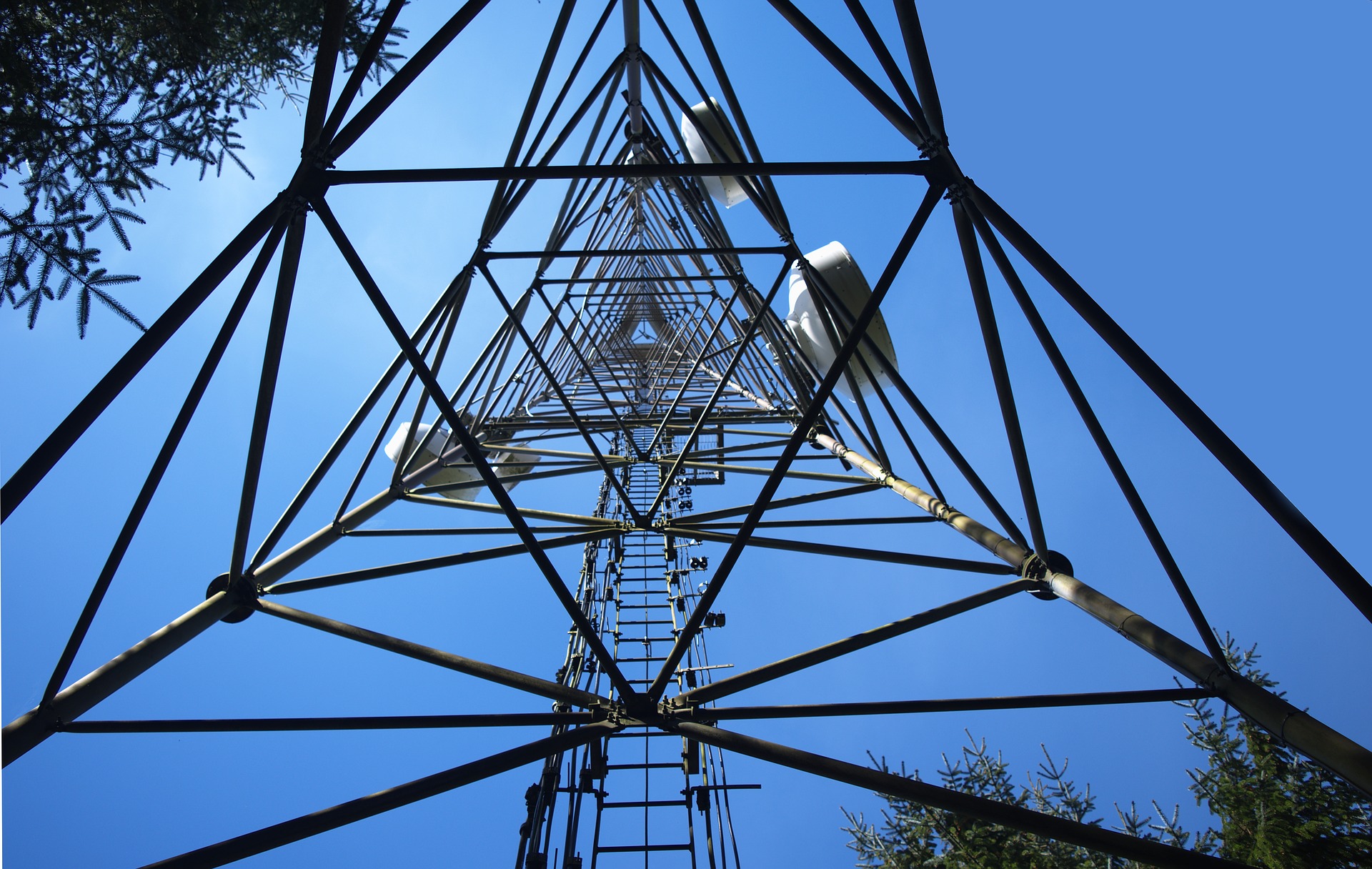The provincial government says funding is available to help put cell towers on mountain highway passes, but industry needs to get involved.
The Regional District of Kootenay Boundary recently agreed to ask the province to fund cell coverage for the Blueberry-Paulson pass and Highway 33.
No one from the government was willing to do an interview with Vista Radio.
But the Ministry of Citizens’ Services provided a written statement that acknowledged cell service along highways and in “rural and remote” communities is “critically important, especially for public safety. People need to be able to connect with first responders quickly, from anywhere in the province.”
The statement noted that the government’s Connecting British Columbia program is intended to support the expansion of cell coverage. It provides $15 million for highway cell service.
“The availability of cellular service in remote areas is a national challenge requiring investments from provincial and federal governments valued in the billions to solve,” the statement said.
“B.C.’s diverse terrain makes construction of cell towers difficult, especially in areas with low populations and no access to electricity.”
Telecommunications is federally regulated, the statement added, and BC can’t tell service providers where and when to make investments, although they can encourage them to do so by offsetting some of the costs for expensive infrastructure projects.
“Local governments and regional districts are encouraged to work directly with service providers to plan cellular coverage for their area,” the statement said. “Service providers can then apply to funding programs where needed.”
Federal dollars are also available through the Universal Broadband Fund.






